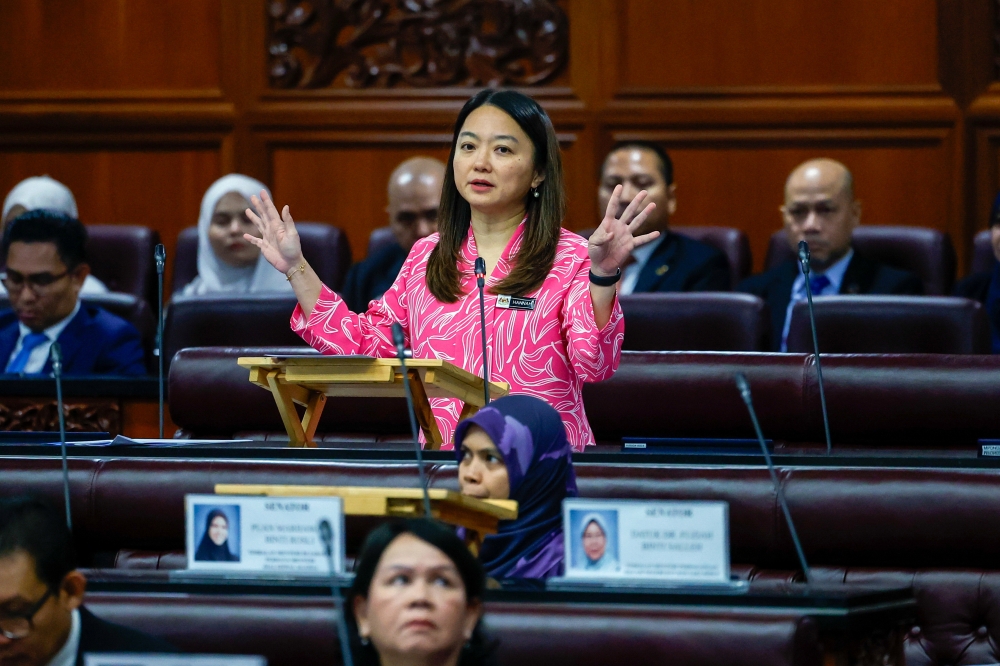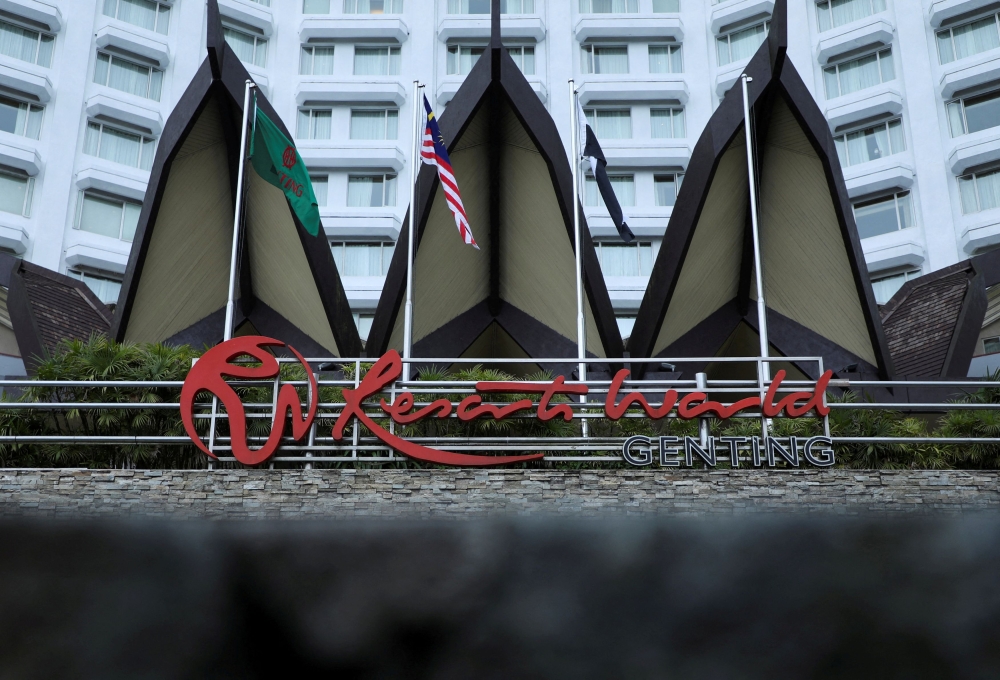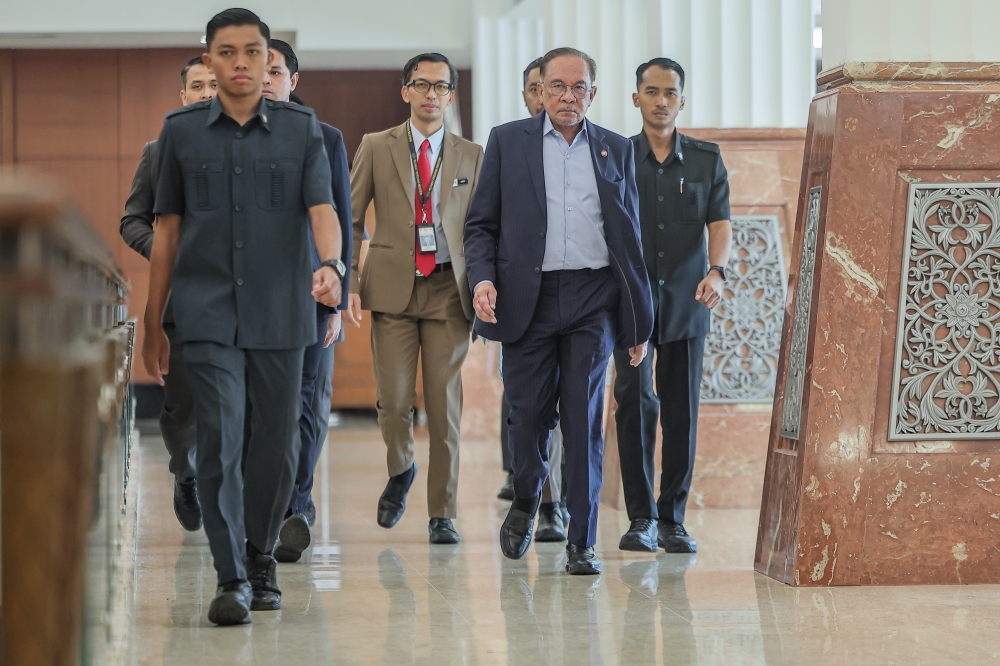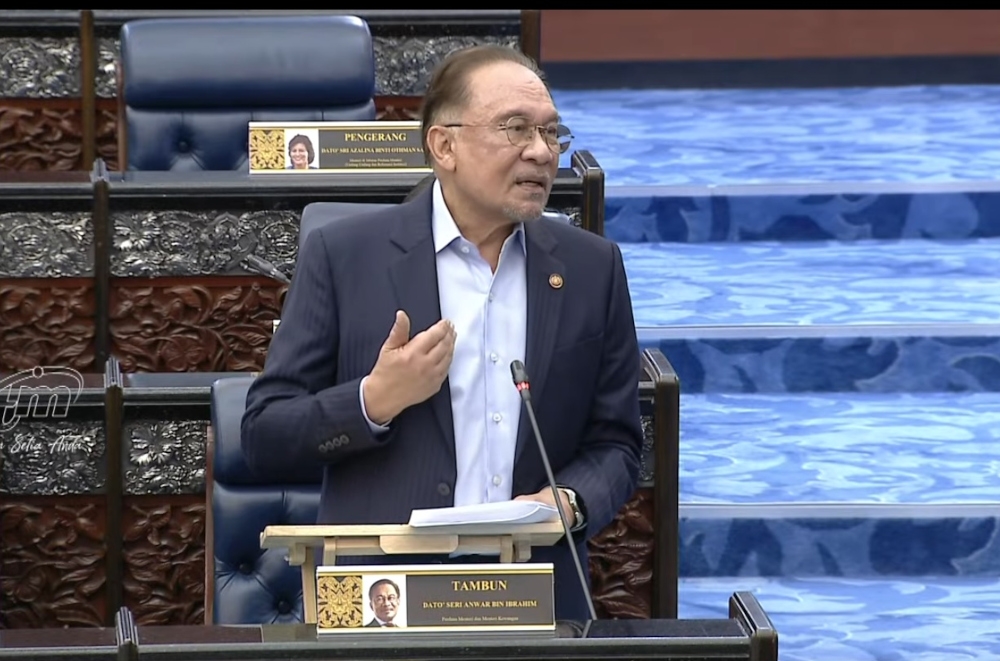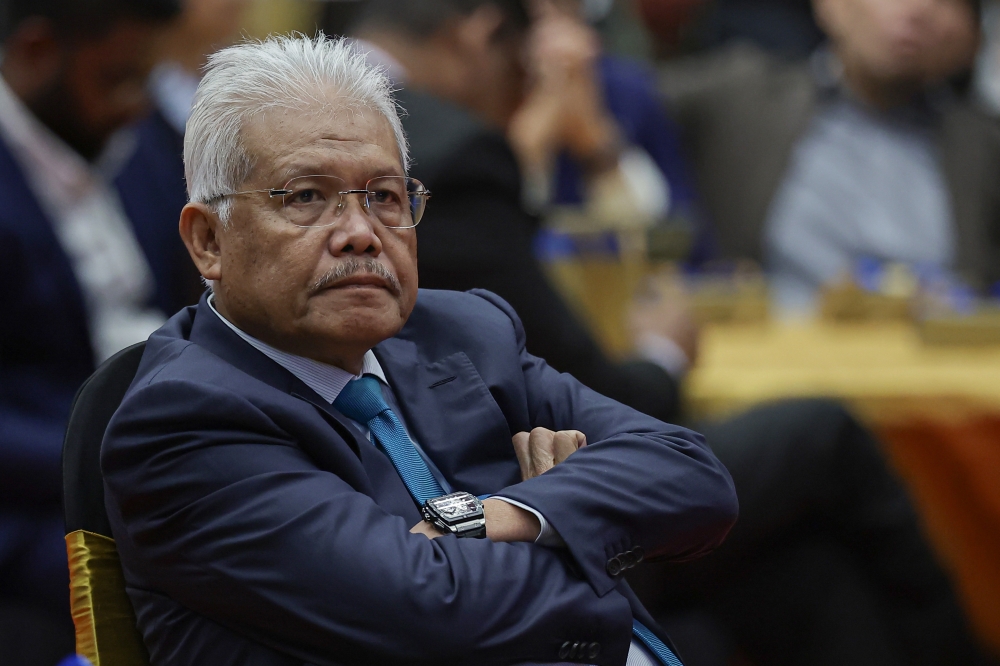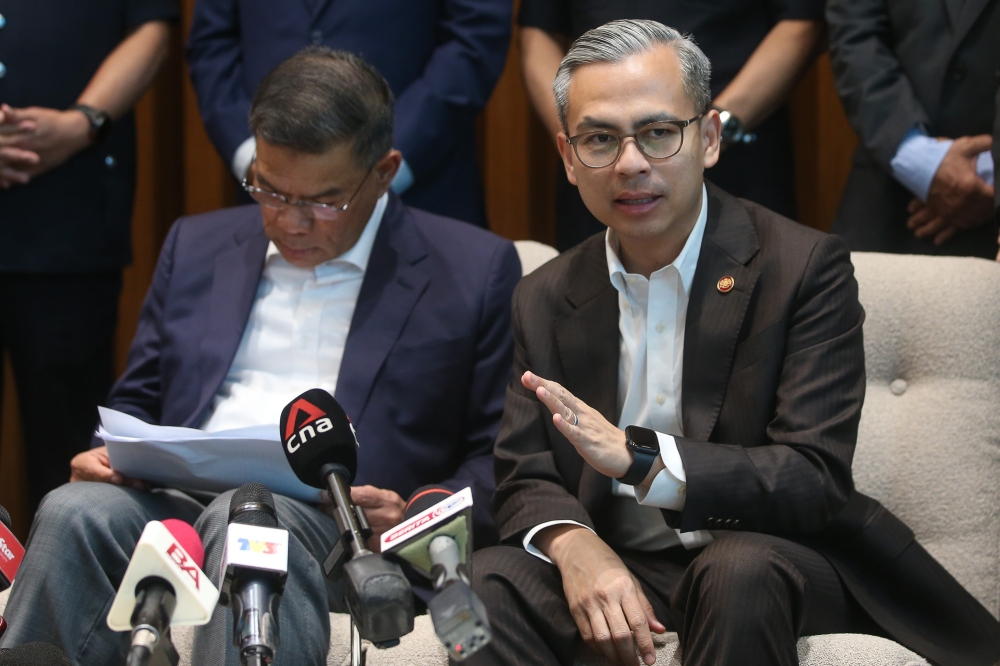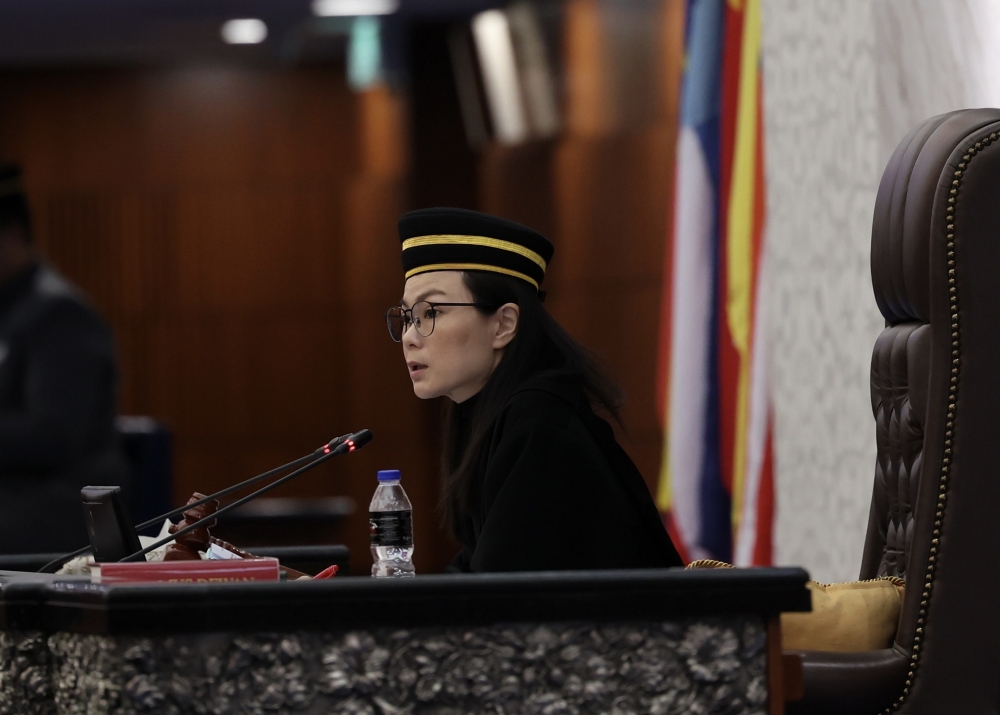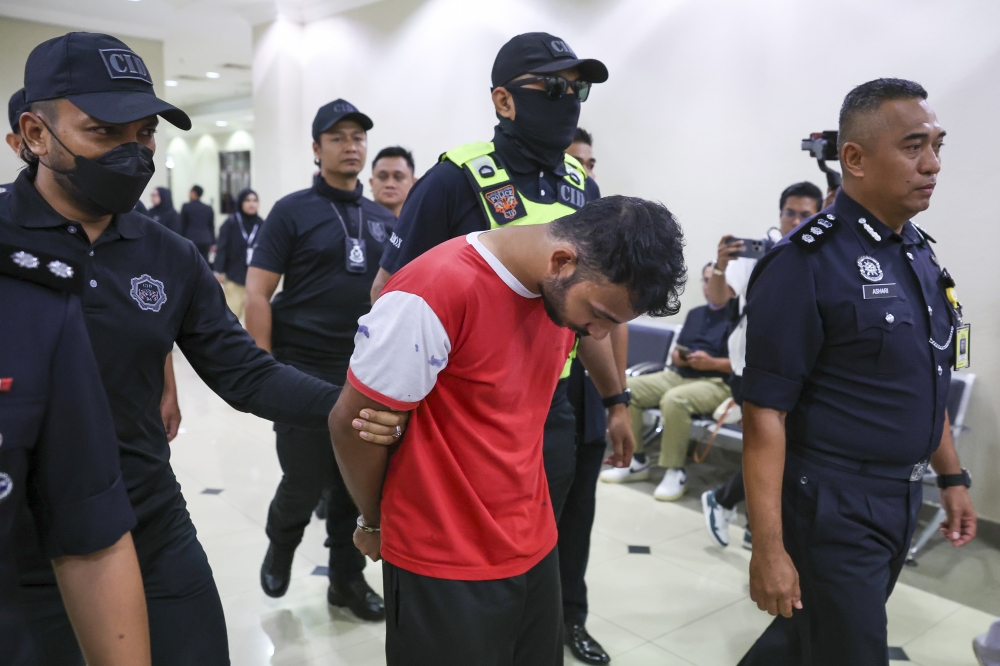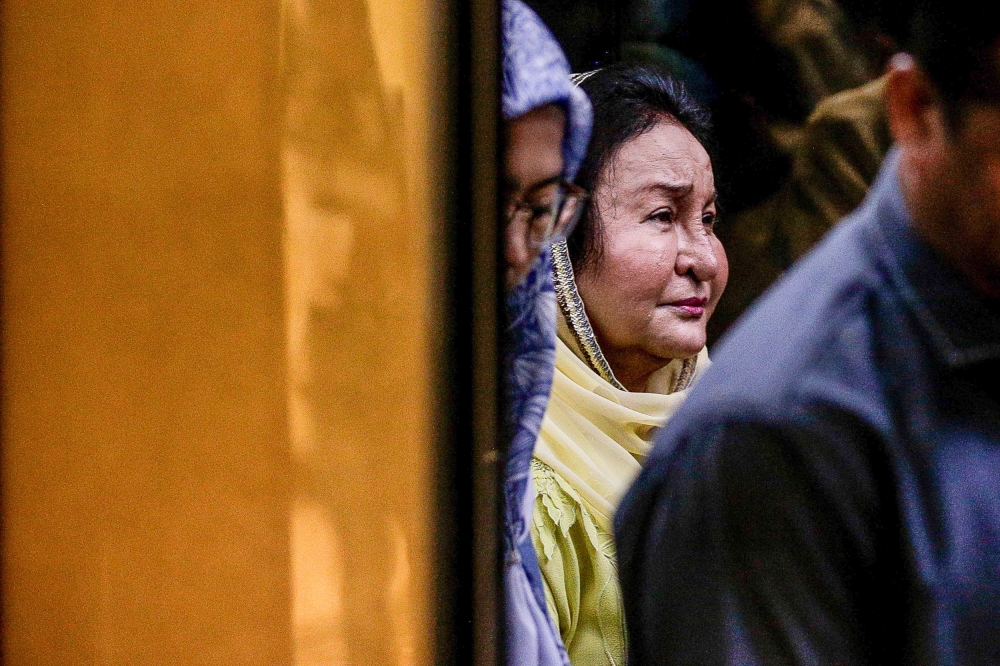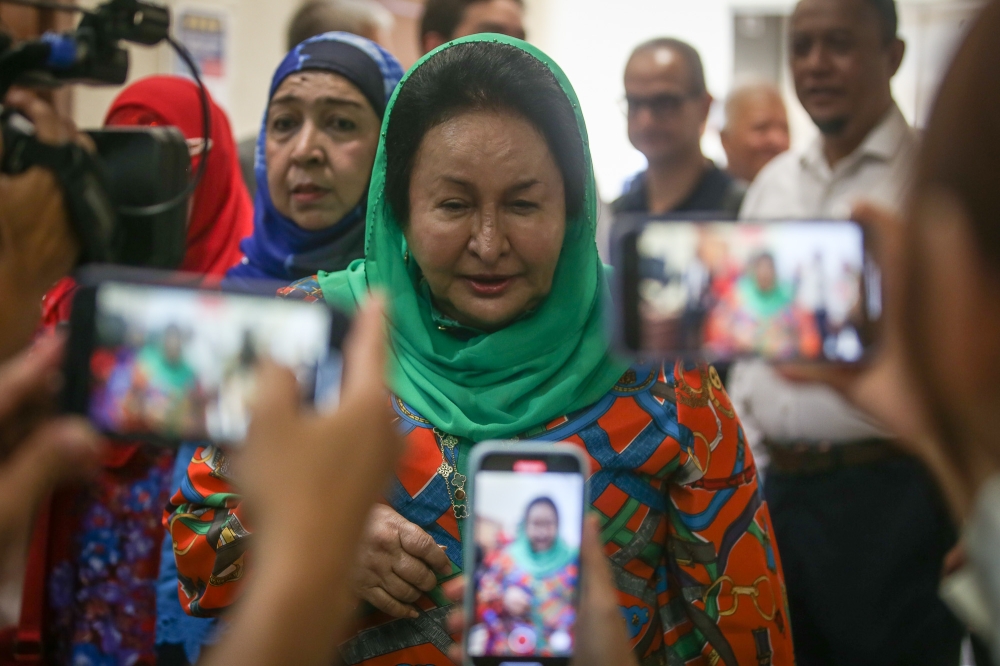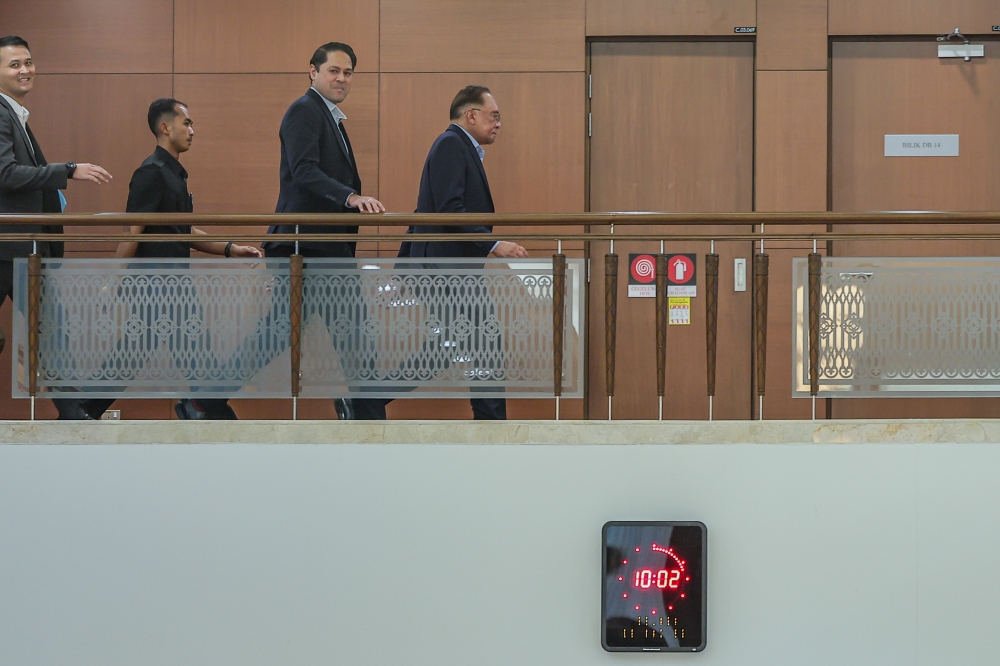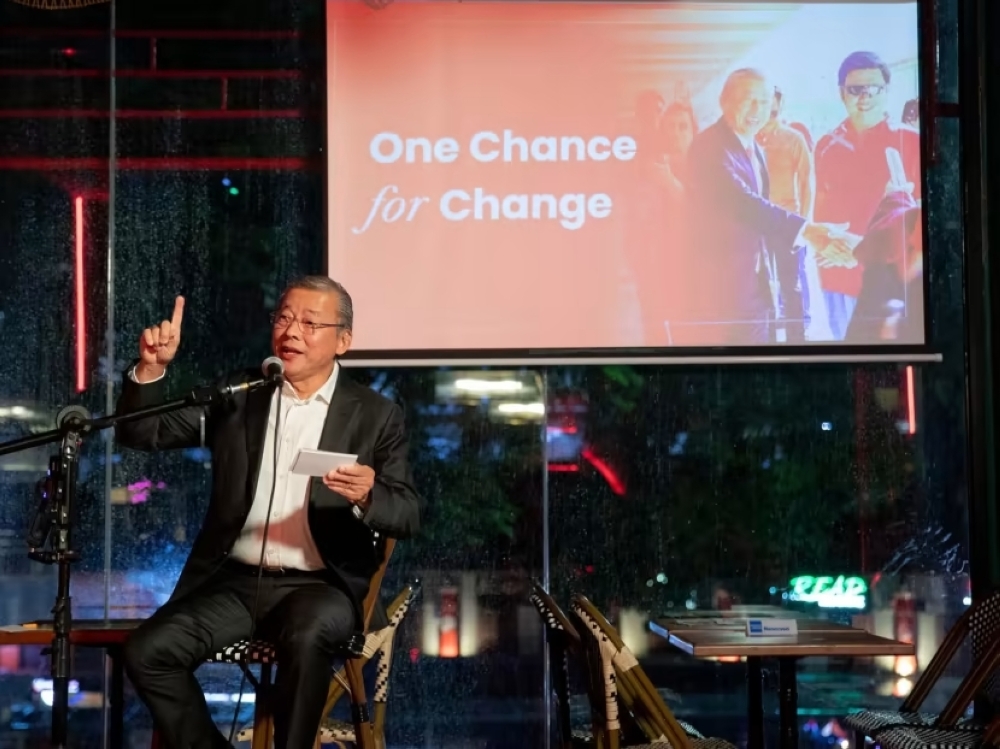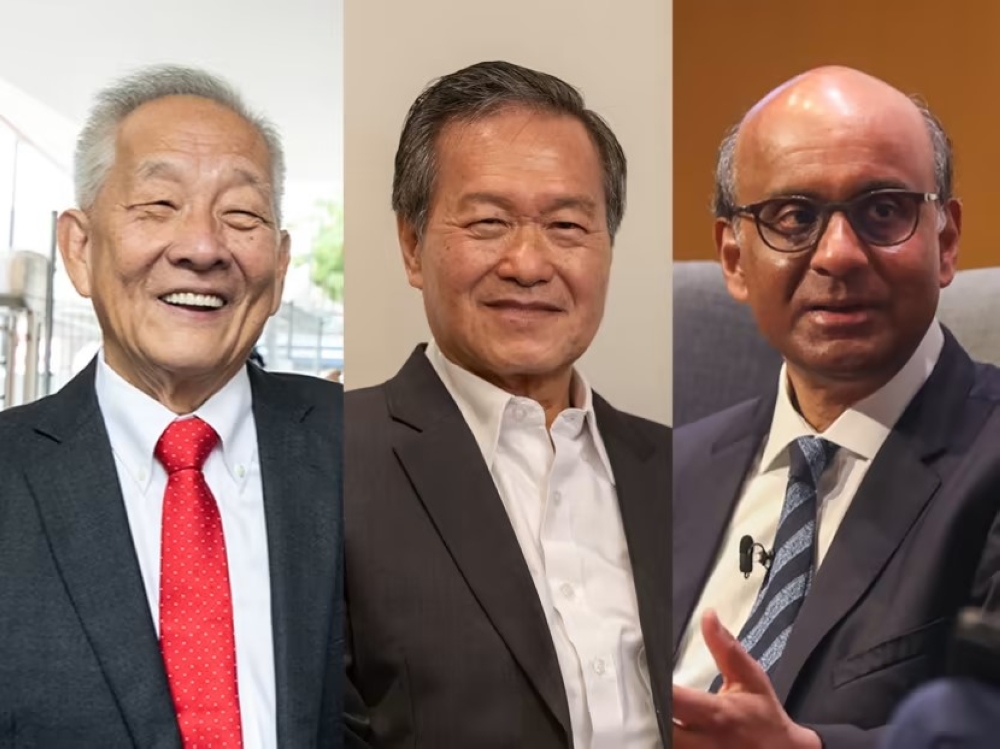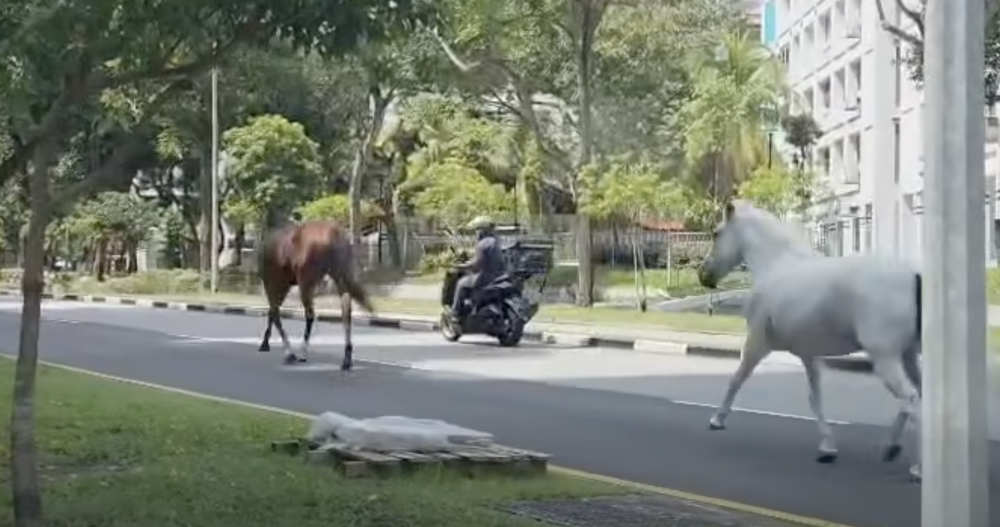SINGAPORE, Aug 19 — Mr George Goh‘s application to run for president was rejected because his experience and ability in managing several smaller private sector companies is not equivalent to managing one very large organisation, the Presidential Elections Committee (PEC) said on Friday (Aug 18).
The Elections Department Singapore had announced just before noon on Friday that Certificates of Eligibility have been issued to Mr Ng Kok Song, former chief investment officer of state sovereign fund GIC, former Cabinet minister Tharman Shanmugaratnam and former presidential candidate Tan Kin Lian.
It did not name the rejected candidates, but it stated that the committee will not be making public the reasons for rejection, although unsuccessful applicants are not precluded from publishing them.
Mr Goh then said in a press statement that the PEC had taken a “very narrow interpretation of the requirements without explaining the rationale behind its decision”.
However, the committee refuted this in a statement late on Friday night, saying that it had explained its rationale to Mr Goh in a letter.
In response to the allegations made against the committee, it decided to make public its letter to Mr Goh.
In the statement, the committee said Mr Goh’s application had acknowledged that the five companies he relied on for his application are “not a unitary company and are not owned by a common holding company”.
Still, he submitted that the five companies should be regarded as a single organisation.
Previously, Mr Goh had expressed his belief that he would qualify through the deliberative track due to his position as the most senior executive of a company, as well as running several profitable companies over three years with a combined shareholders’ equity of more than S$1.5 billion.
Under the private sector requirements, prospective candidates must have served as the chief executive officer of one company, or be the most senior executive running the firm, for at least three years.
The company must also have at least S$500 million in shareholders’ equity during the person’s most recent three-year period as CEO and have been profitable after tax for the entire time that the candidate served as CEO.
However, clause 4(b) of Article 19 in the Constitution provides some discretion for the PEC to assess a candidate’s suitability to run for President under what is called the “deliberative track”.
Under this track or clause, a prospective candidate must have served for at least three years in a private sector organisation.
The PEC must be satisfied that the prospective candidate has the experience and ability that is comparable to that of someone who has served as CEO of a profitable company with at least S$500 million in shareholders’ equity for three years.
In the committee’s letter to Mr Goh, the committee noted that he served in the chief executive positions at five companies: Ossia International Limited, Pertama Holdings, ITG International, Crown Essentials and Vernal Ventures.
However, after considering the facts and circumstances of the five companies, including how they were owned, managed and operated, the committee was not satisfied that they constituted one single organisation.
In addition, the shareholders’ equity of each of the five companies was “significantly below S$500 million”, which is the minimum requirement for applicants who apply on the private sector track.
“Thus, the committee was not satisfied, having regard to the nature of your office in each of the companies and your performance in the office, and the size and complexity of each of the companies, that you have experience and ability that is comparable to the experience and ability of a person who has served as the chief executive of a typical company with at least S$500m in shareholders’ equity,” the letter read. — TODAY

